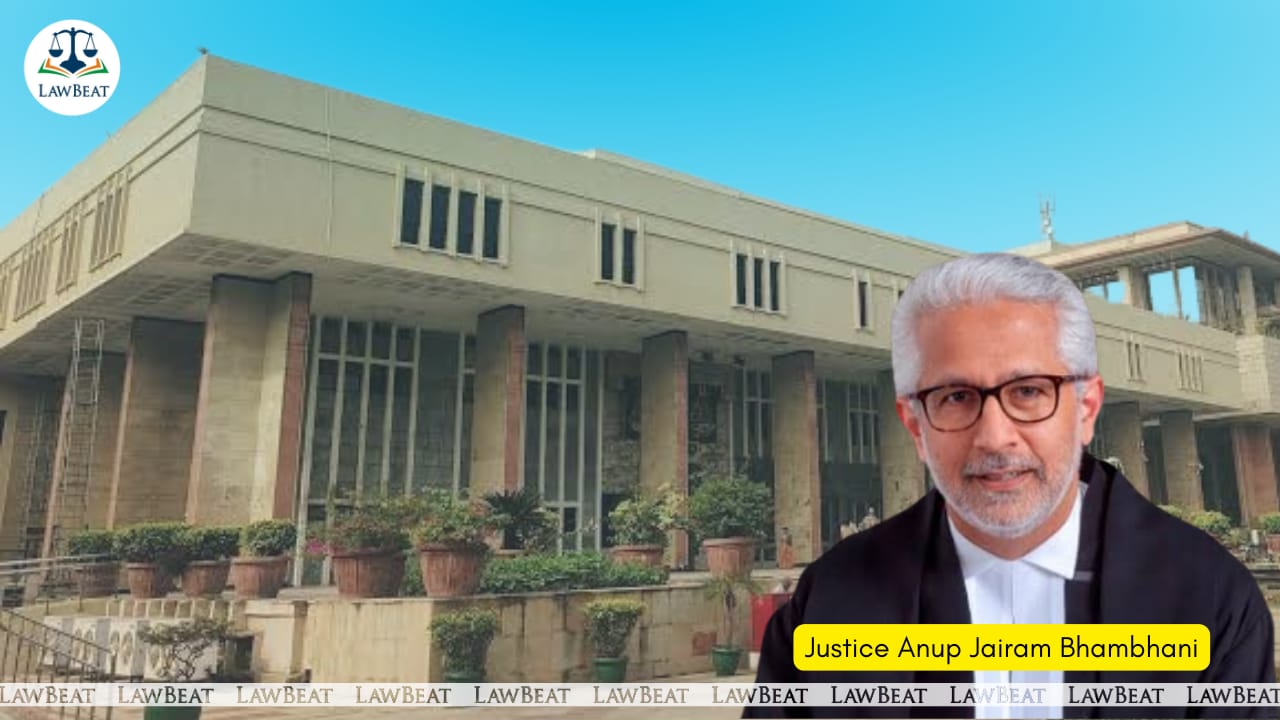'Requirement For Surety Can Only Be Waived If Circumstances So Warrant: Delhi HC Modifies Bail Conditions Of Two Nigerian Nationals

The court ruled that waiver or substitution of surety should be even more guarded where the prisoner is a foreign national, with an obvious heightened level of flight risk.
The Delhi High Court, while modifying the bail conditions of two Nigerian nationals, held that the requirement for a surety can only be waived if circumstances warrant so and that such surety requirement in bail conditions cannot be substituted with a cash deposit, especially in cases concerning foreign nationals.
The bench, presided over by Justice Anup Jairam Bhambhani, was dealing with the case of two Nigerian nationals, Stephan and Enyi, who overstayed in India without a valid visa. The said accused are facing serious charges under the Narcotic Drugs and Psychotropic Substances (NDPS) Act. They had sought modifications to their bail conditions, particularly a reduction in the amount of personal bond, and to be released only on deposit of cash with the court instead of furnishing a surety bond.
While placing reliance on the Apex Court's decisions in the Supreme Court Legal Aid Committee and Frank Vitus cases, the court held that "It is clear that while bail conditions must be achievable by the prisoner, the court must still enforce those requirements that are necessary to ensure the availability of the prisoner for trial and for compliance with any sentence imposed, maintaining the integrity of the judicial process."
Upon reviewing the judicial context, the court ruled that conditions imposed for grant of bail or suspension of sentence must pass muster on the anvil of the following criteria:
1) The condition must be necessary to ensure that the accused remains available for trial.
2) The conditions must be necessary to ensure that the integrity of the judicial process is preserved.
3) the conditions must not be impossible for the accused to fulfil.
The court emphasised that only when the conditions imposed meet the aforesaid three-fold test, would they be proportionate, fair and the correct balance between the right of a prisoner to be able to avail their liberty and for the State to enforce the law.
Affirming the said test, the court reiterated that the requirement of furnishing surety should be the norm, and dispensing with that requirement, the exception, to be made only where a prisoner suffers from genuine inability to furnish surety.
Additionally, the court noted that the law does not prohibit the release of a prisoner only on a personal bond. However, the primary purpose of requiring a surety is to ensure that the prisoner appears at the trial or serves their sentence. The court further said that substituting the need for a surety with a cash deposit in the present matters is unacceptable.
During the hearing, Senior Advocate, Rebecca John, who assisted the court as Amicus Curiae, said, " ...It is permissible for a court to waive the requirement of a prisoner furnishing surety as a condition for grant of bail; and it is also permissible, in an appropriate case, for a court to accept cash instead of surety but whether that is to be done in respect of a given prisoner is always in the discretion of the court....".
Advocate Lakshya Yadav, appearing for the petitioners, argued that since both are foreign nationals with no resources or relatives in India if they are denied the relief prayed for by way of the present applications, they would be unable to comply with the bail conditions and would have to remain in judicial custody. He further submitted that a reduction in the amount of personal bond/surety bond as well as waiving the requirement of producing a surety is routinely granted by the courts.
Opposing the said contentions, Central Government Standing Counsel, Amit Tiwari, appearing on behalf of the FRRO, submitted that, especially in case of undertrials or convicts who have entered India without a valid visa or have violated the conditions of their visas by over-staying in the country, it would be against public policy for the Central Government to issue to the same persons any category of visa to continue to stay in the country.
After carefully considering the aforementioned submissions, the court allowed the modifications of bail conditions. However, the court refused to allow the petitioner's prayer seeking for waiver of surety, or for accepting cash instead of surety.
Accordingly, the High Court disposed of the bail applications
Case Title- Obi Ogochukwa Stephen v. State of NCT of Delhi
